How To Do Dead Hang
The Dead Hang is a simple but powerful bodyweight exercise that improves grip strength, shoulder health, and posture. It involves hanging from a pull-up bar with your arms fully extended and your feet off the ground. Though it looks easy, holding your body still requires strong forearms, shoulders, and core. It's often used as a starting point for pull-up progressions or to decompress the spine after workouts.
Step-by-Step Guide to Properly Execute Dead Hang
Starting Position
Find a sturdy pull-up bar. Jump or step up so you can grab it with both hands slightly wider than shoulder-width. Use an overhand grip (palms facing away). Your arms should be fully extended, and your feet should hang freely without touching the floor.
Hanging Phase
Engage your shoulders slightly by pulling them down and away from your ears. Keep your chest open and spine neutral. Tighten your core and avoid swinging. Your body should remain still and straight throughout the hold.
Holding Phase
Breathe slowly and steadily. Keep your shoulder blades slightly activated (don’t let them completely relax). Focus on staying still and maintaining your grip.
Finishing Position
When your grip starts to fail or your form breaks, slowly lower your feet to the ground or gently let go of the bar. Shake out your hands and rest before repeating.
Dead Hang Workout Plan for All Levels
Beginner: 2 sets of 20–30 seconds / 1.5–2 min rest / 2 times per week
Intermediate: 3 sets of 30–45 seconds / 1.5–2 min rest / 3 times per week
Advanced: 4 sets of 45–60+ seconds / 1.5–2 min rest / 4 times per week
What Are The Benefits Of Dead Hang
• Builds strong grip and forearm endurance
• Improves shoulder stability and mobility
• Stretches the spine and decompresses the back
• Enhances posture and shoulder alignment
• Helps prepare for pull-ups and climbing exercises
Common Mistakes to Avoid
• Shrugging your shoulders: Letting them rise toward your ears puts strain on your neck
• Swinging your body: Movement reduces the effectiveness of the hold and risks injury
• Letting go too late: Dropping off the bar suddenly can hurt your shoulders or wrists
• Gripping too wide or narrow: This makes it harder to stay balanced and stable
Similar Exercises To Try For Your Workout
• Active Hang
• Pull-Up Hold (at top position)
• Farmer’s Carry
FAQ About Dead Hang
Yes, dead hangs are great for beginners. They help you get used to hanging from a bar and make your hands, arms, and shoulders stronger. You don’t need any special skill to start.
Yes! You can keep your feet lightly touching the ground or use a lower bar so you don’t hang all your weight. You can also hang for just a few seconds and rest in between.
If you practice 3–4 times a week, you might feel a stronger grip and arms in about 2 weeks. Holding on longer will take more time, but you’ll get better fast if you keep trying.
Yes, you should feel it mostly in your hands, forearms, shoulders, and upper back. Your fingers and arms will get tired first, and that’s normal.




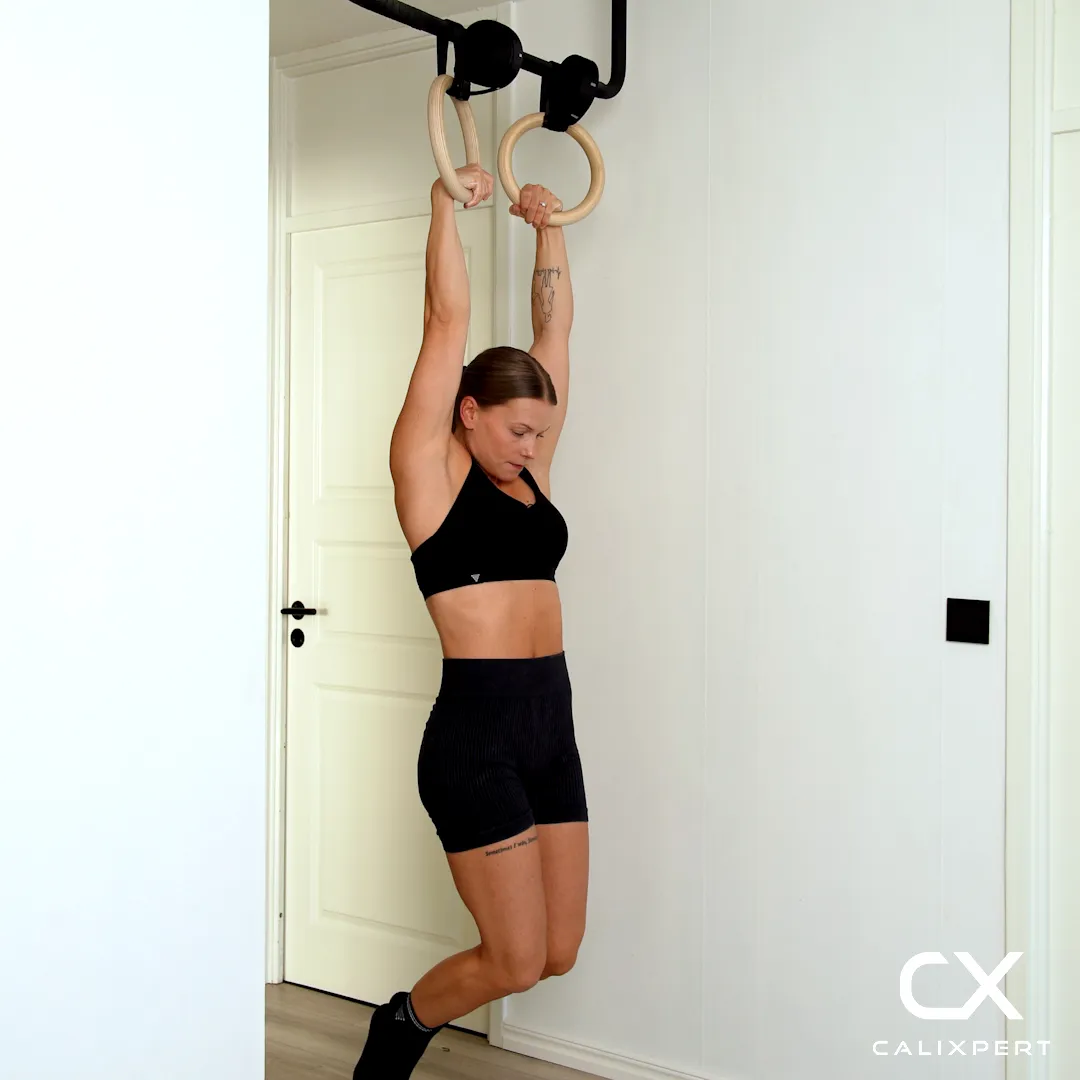
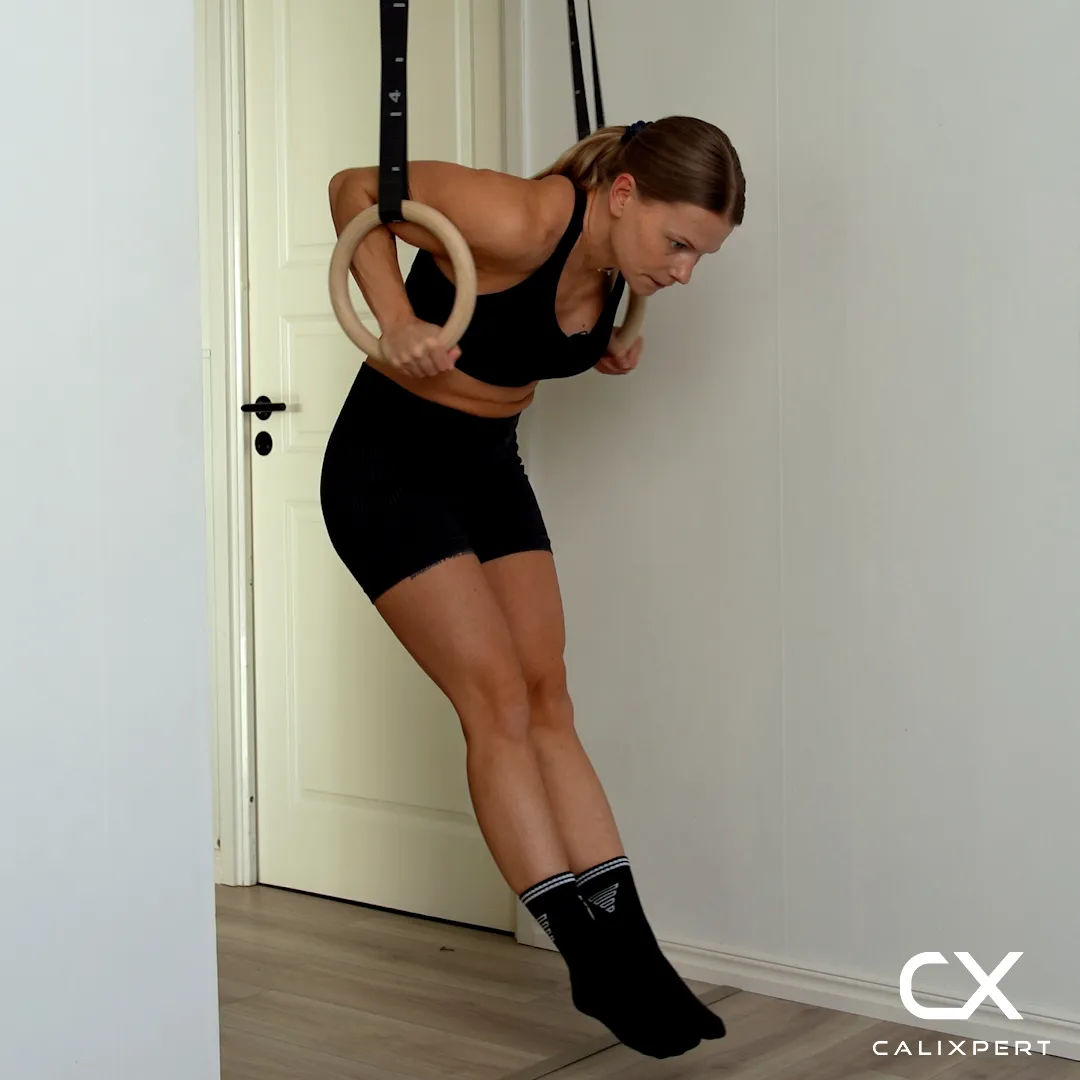
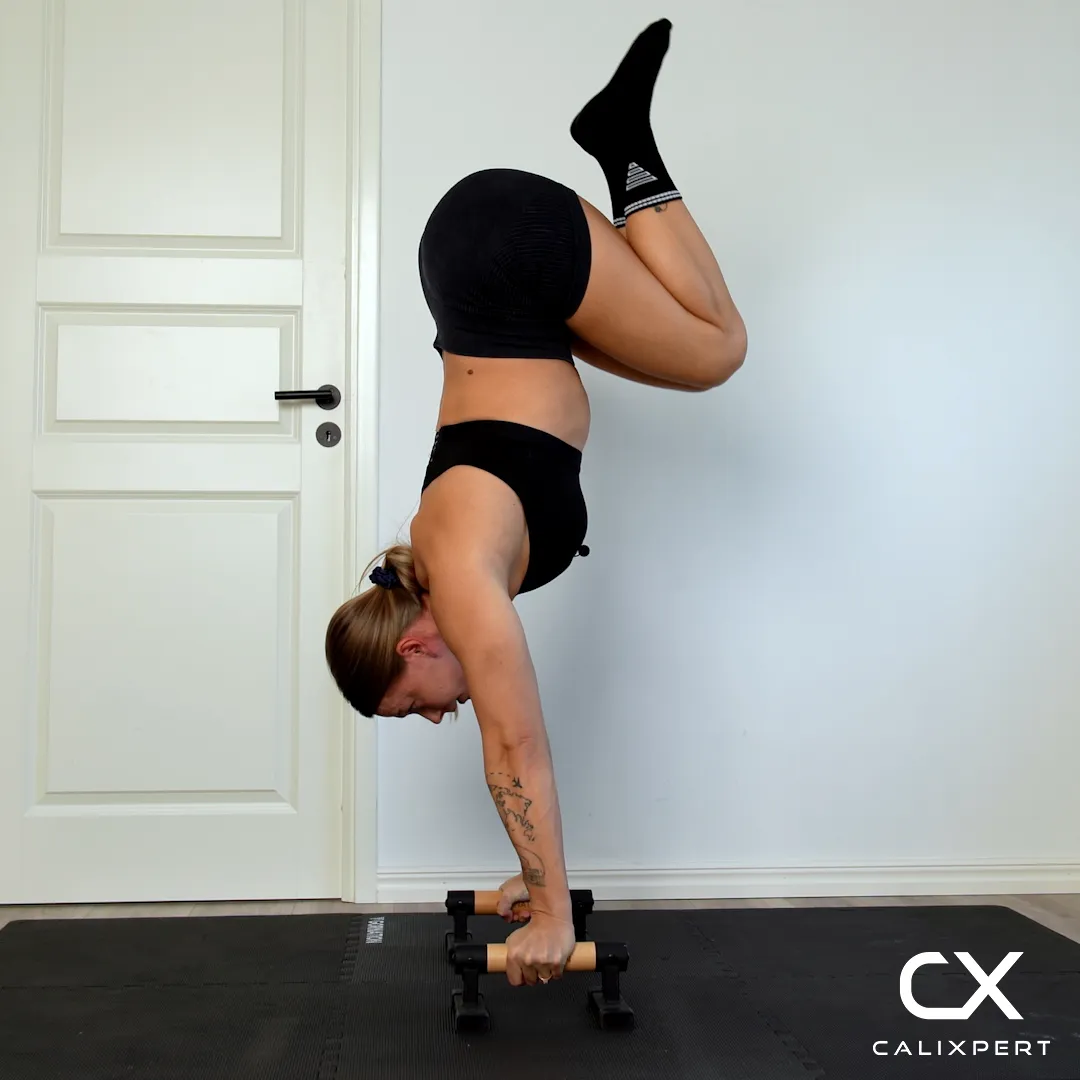
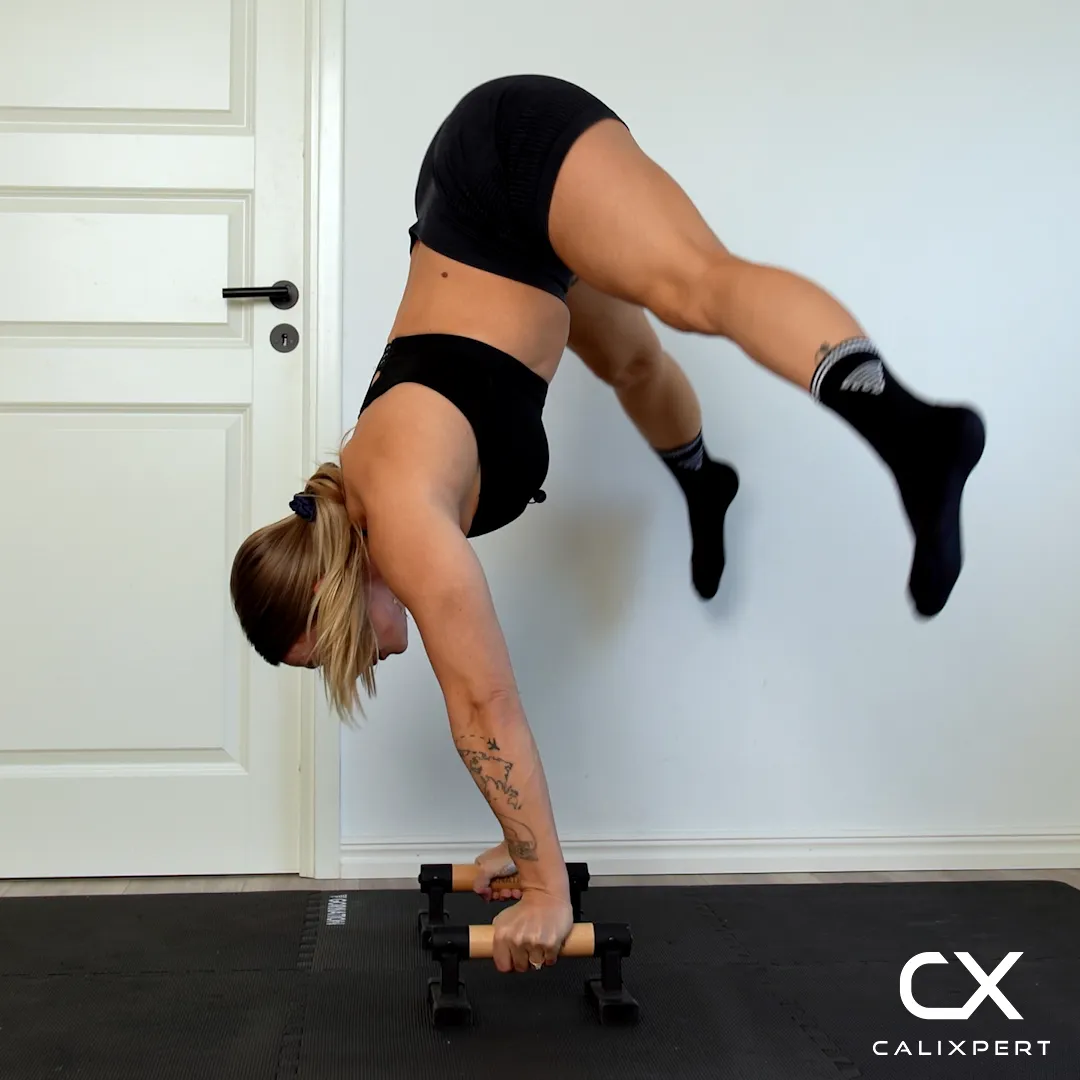
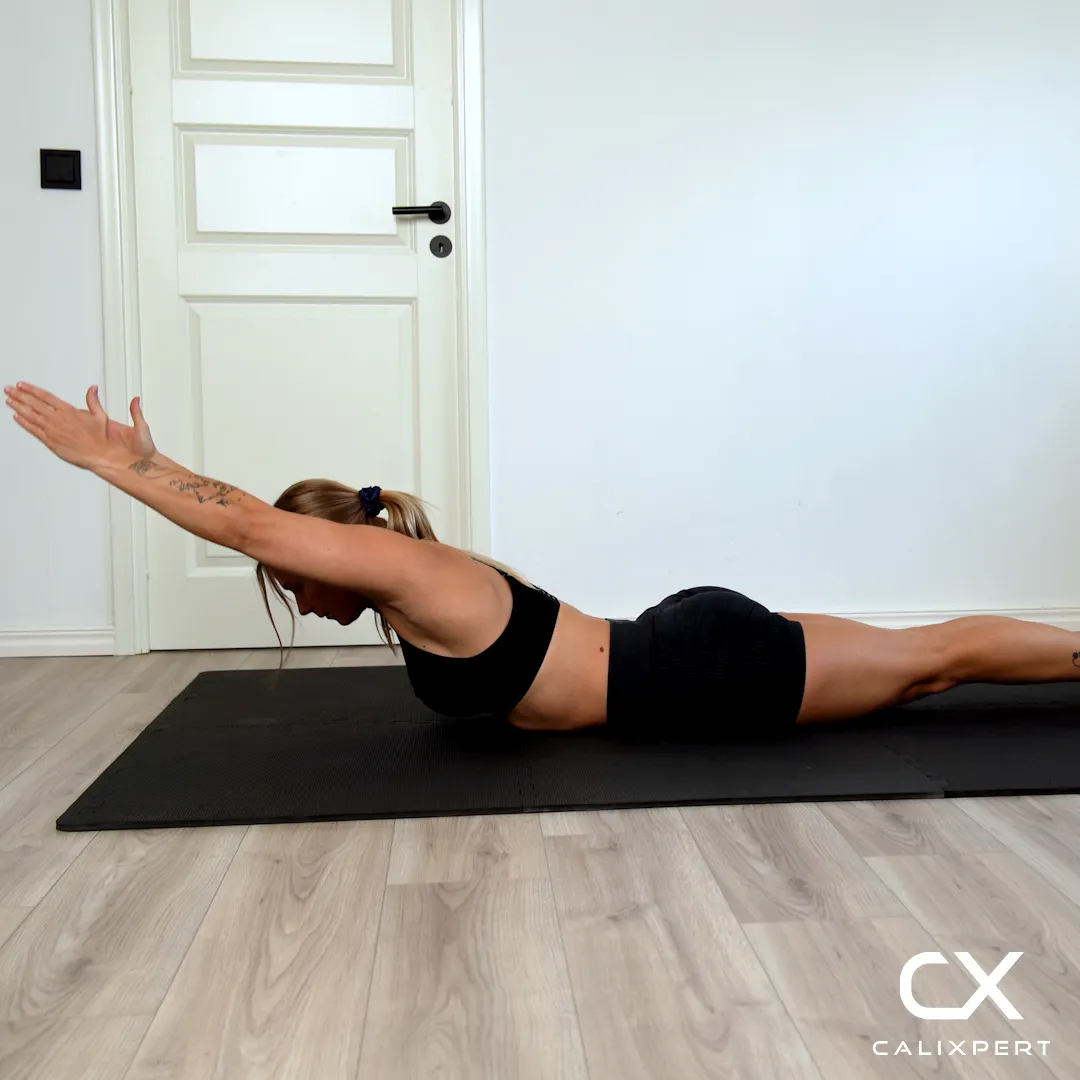
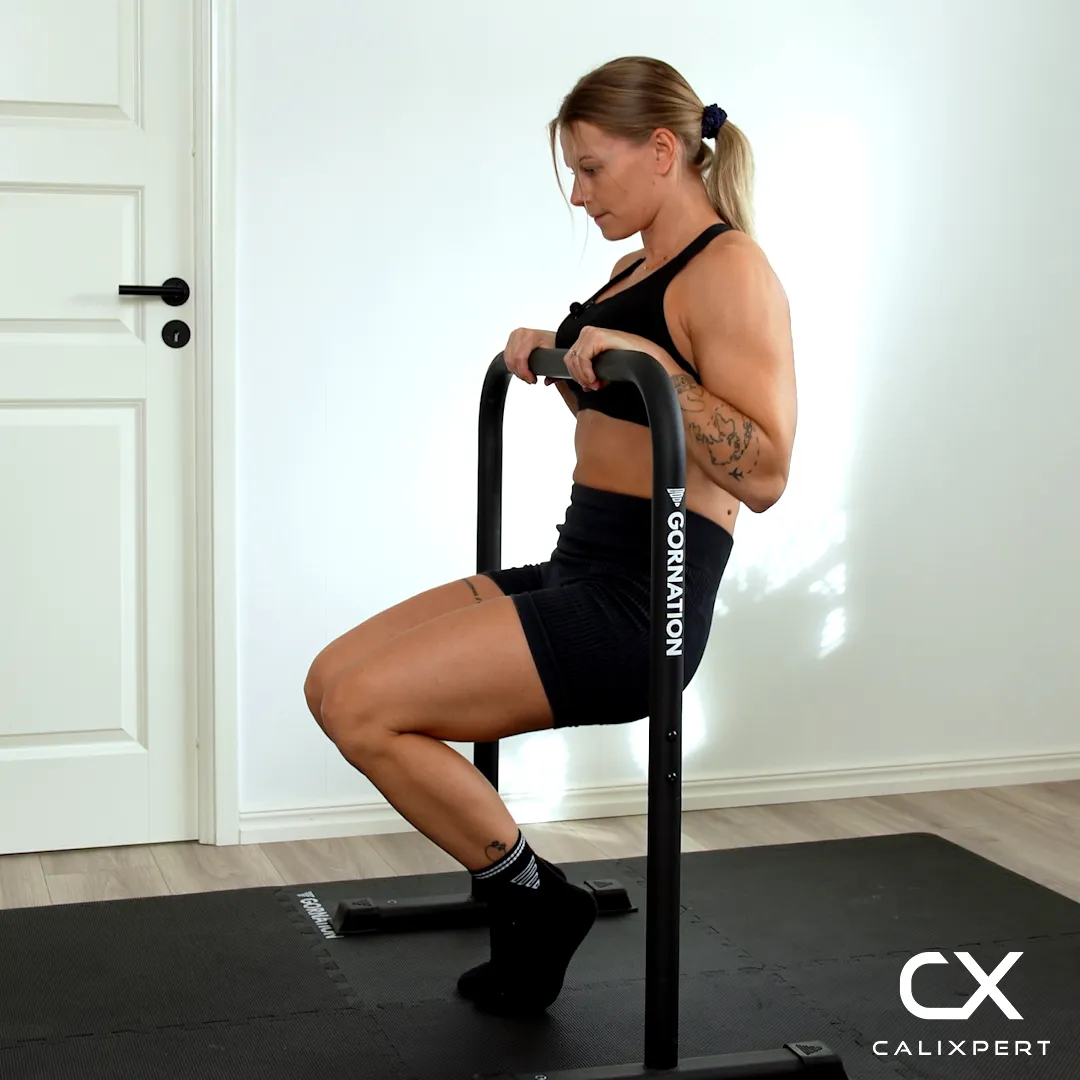
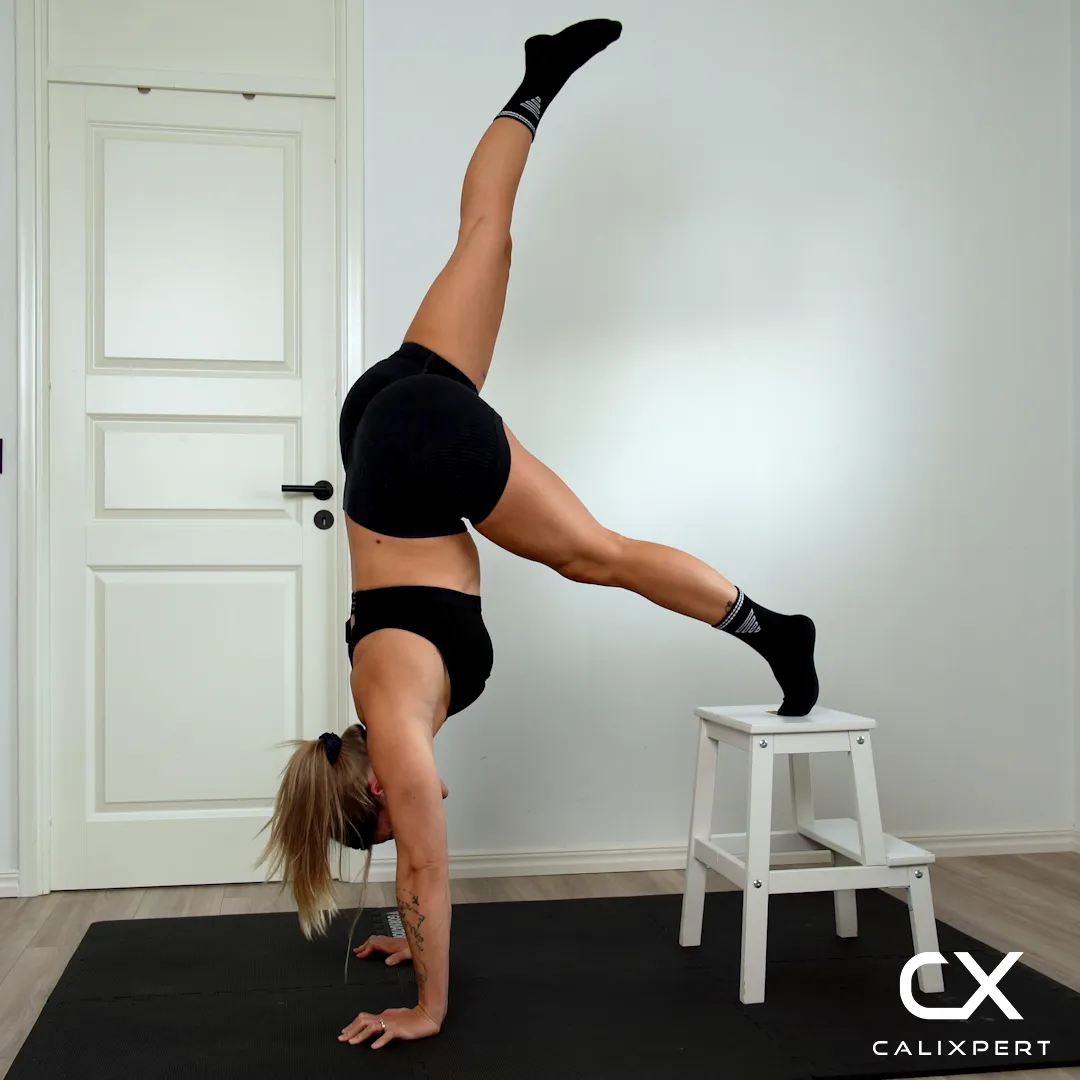
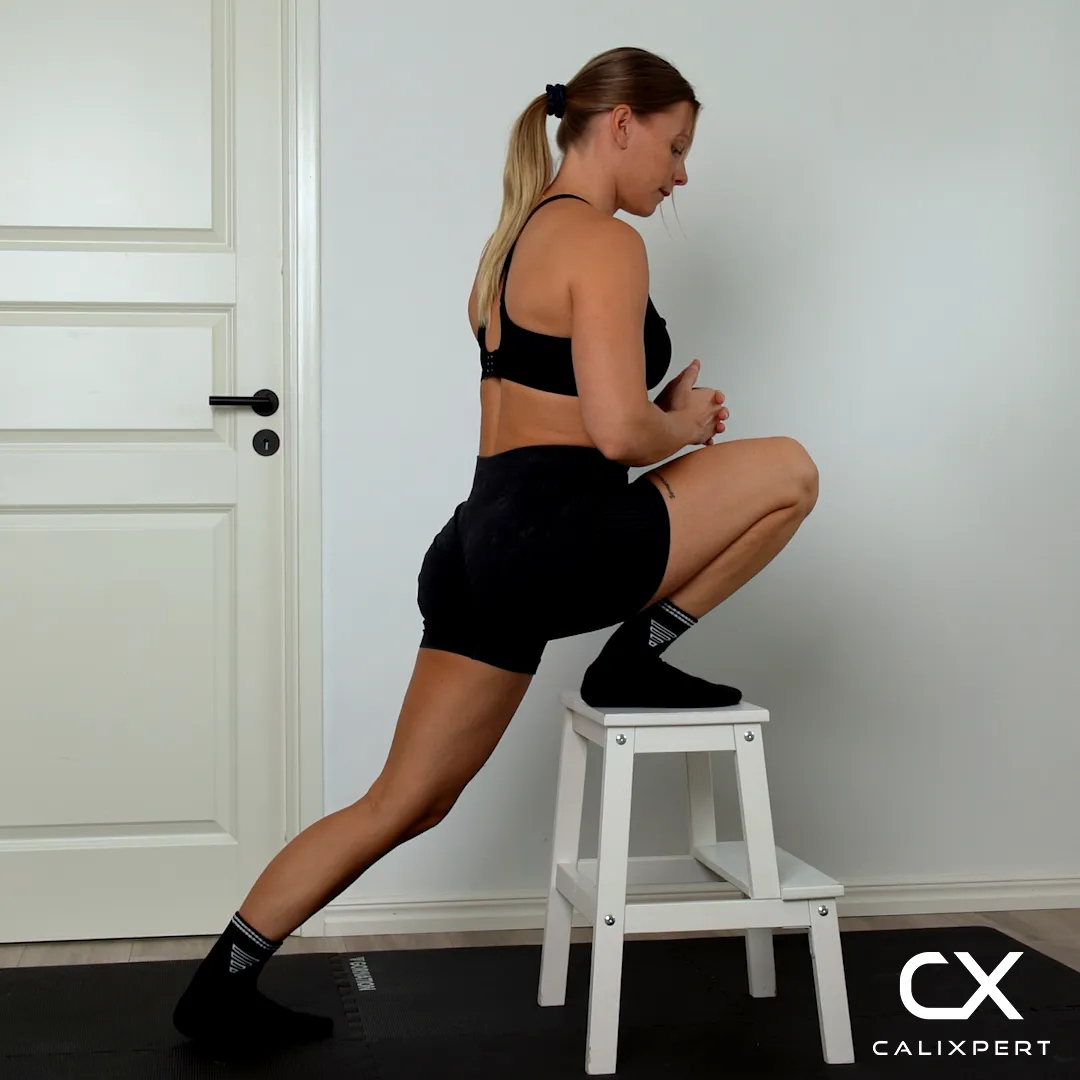
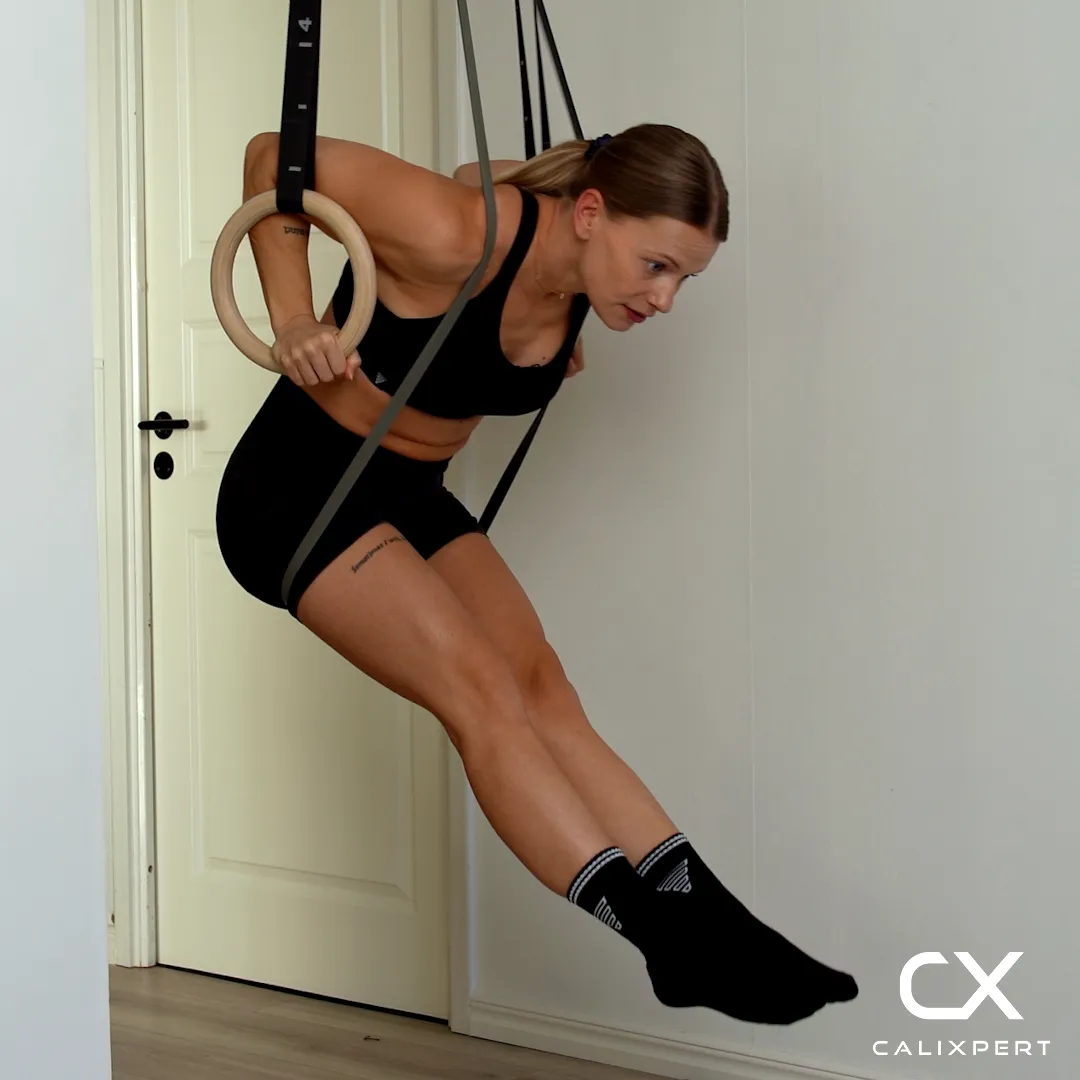
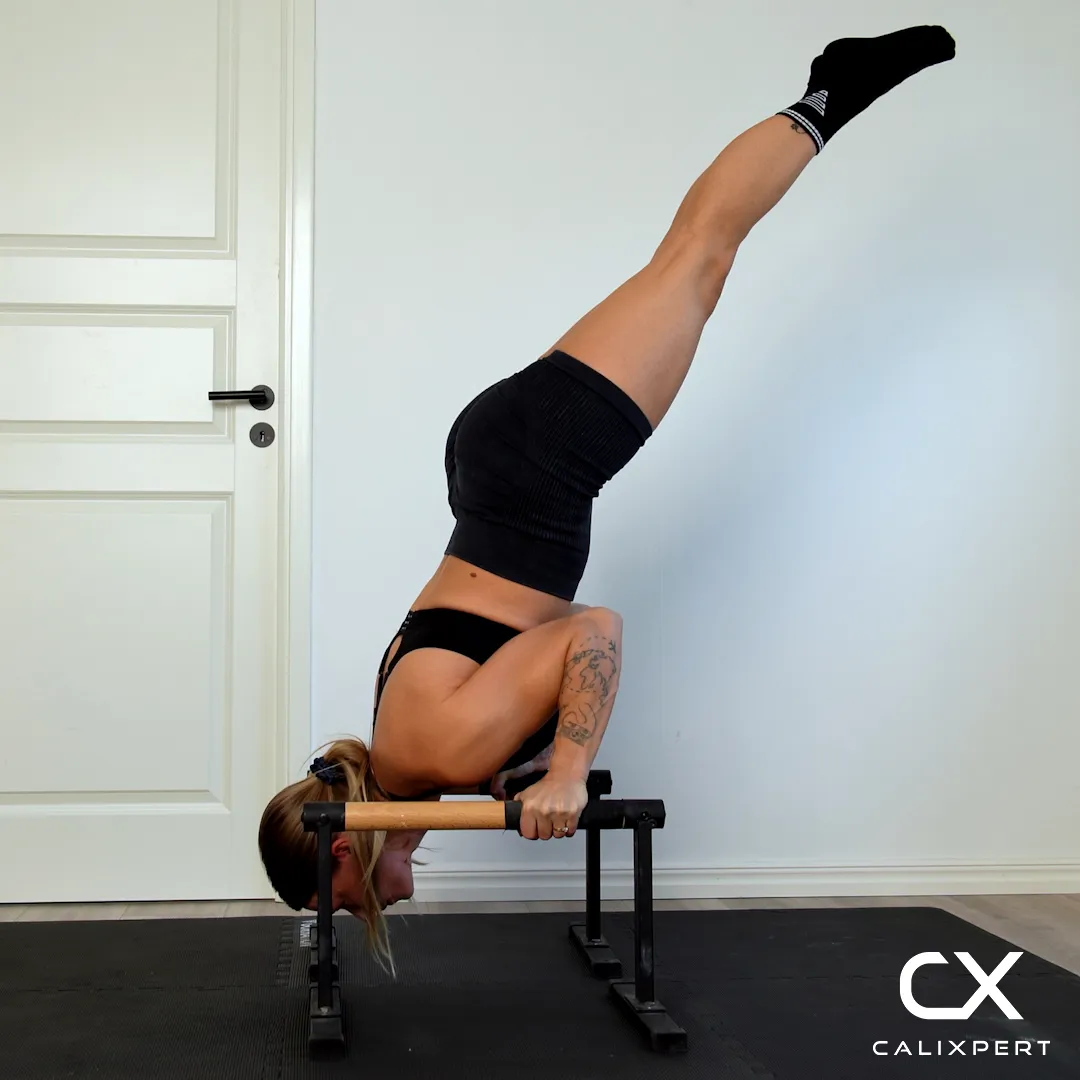
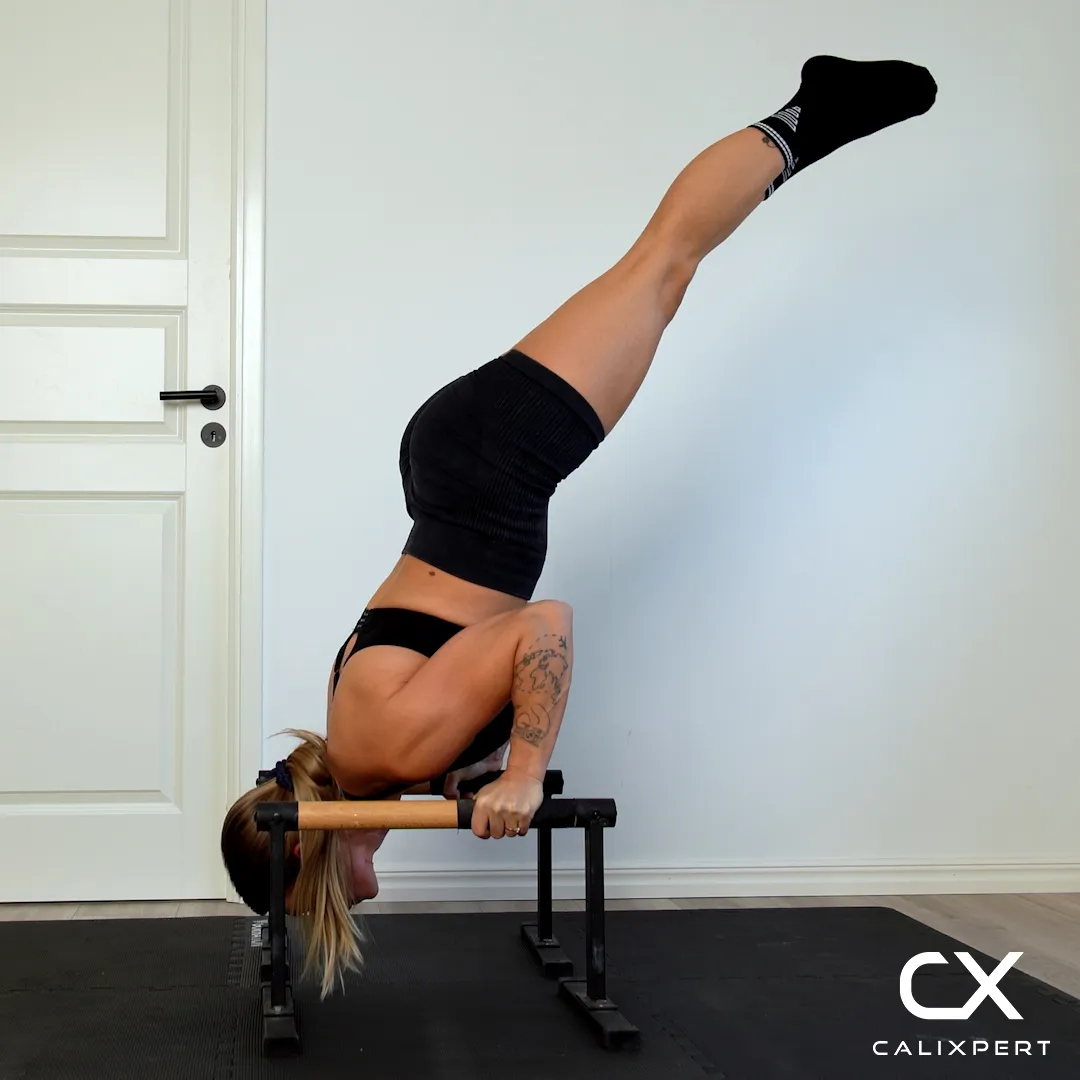
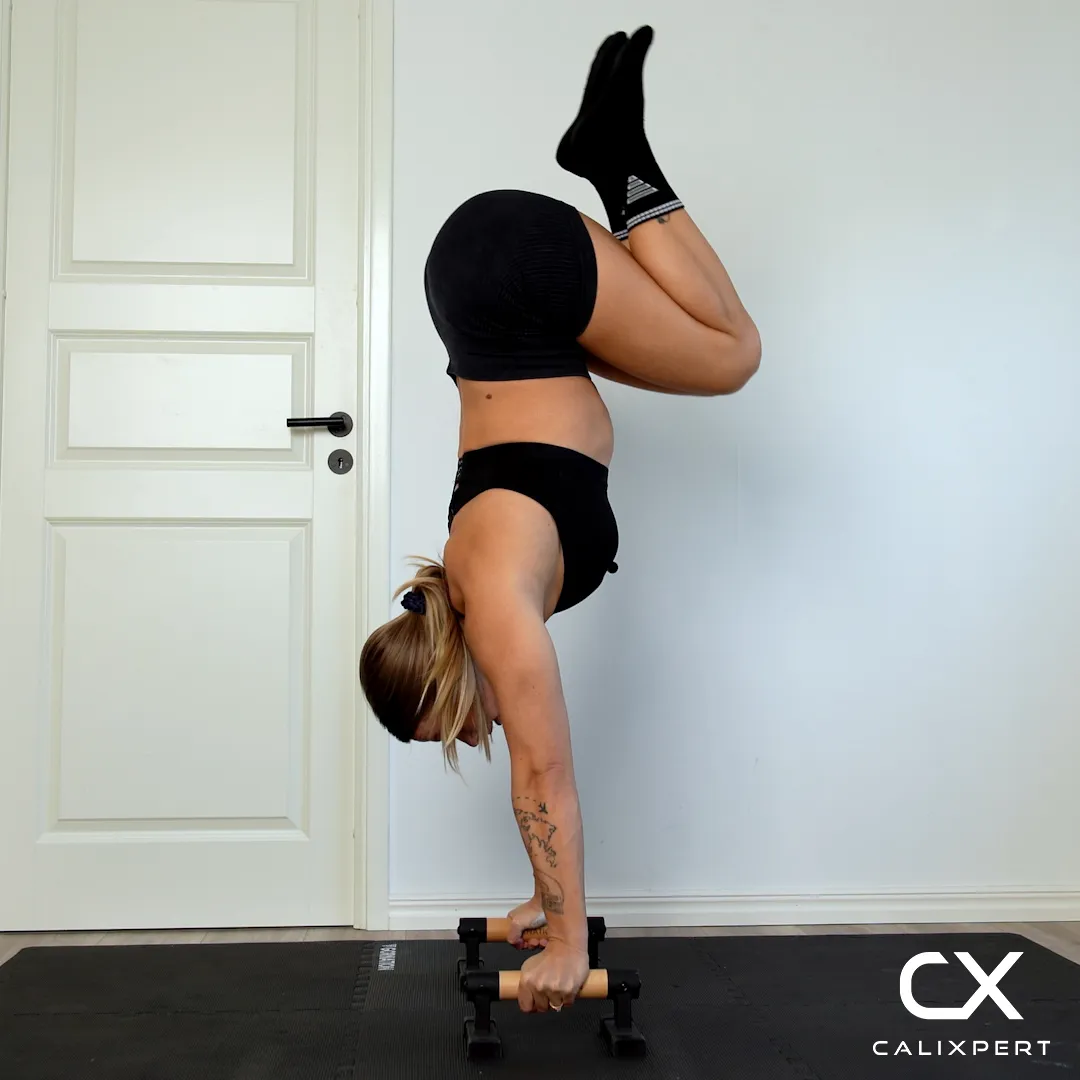
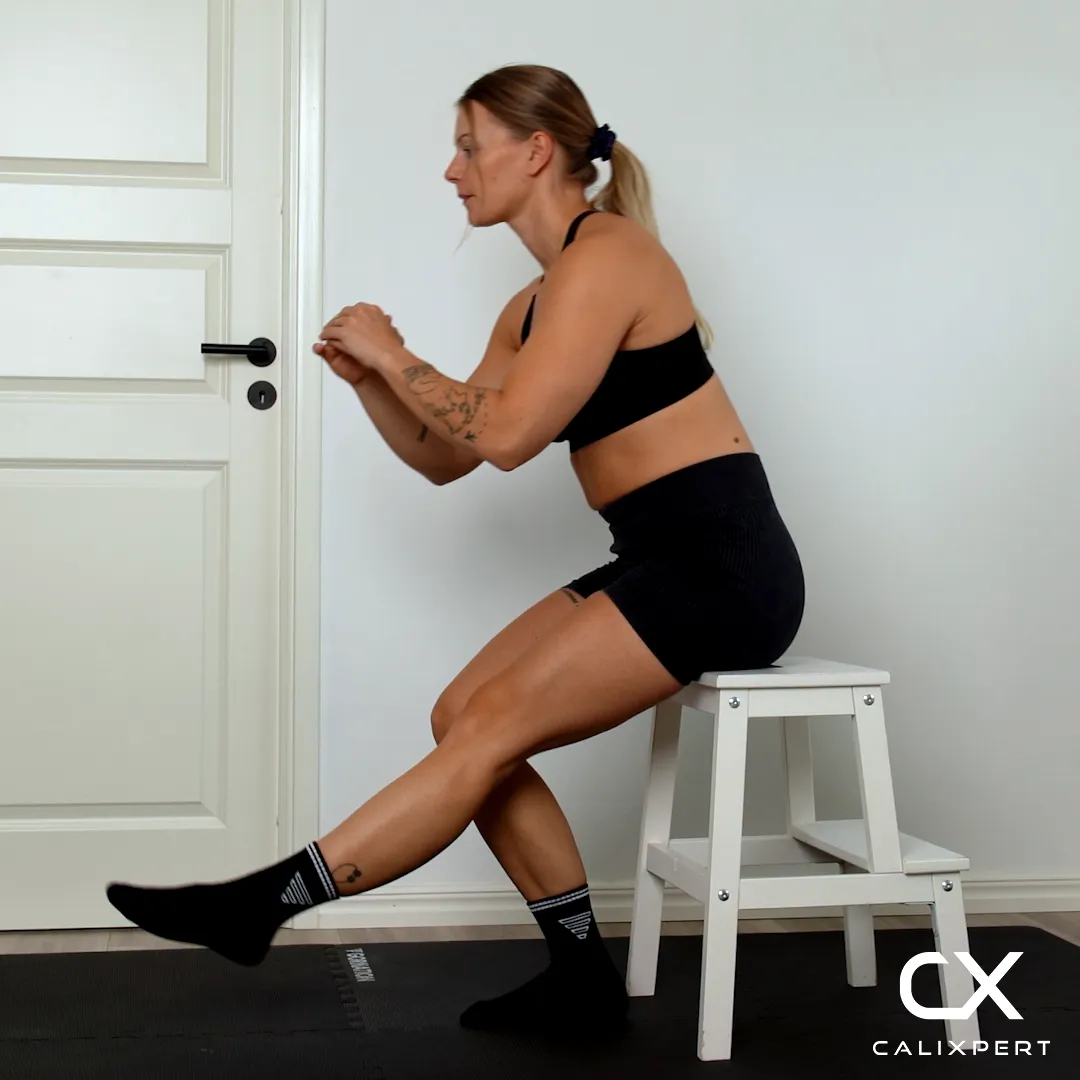
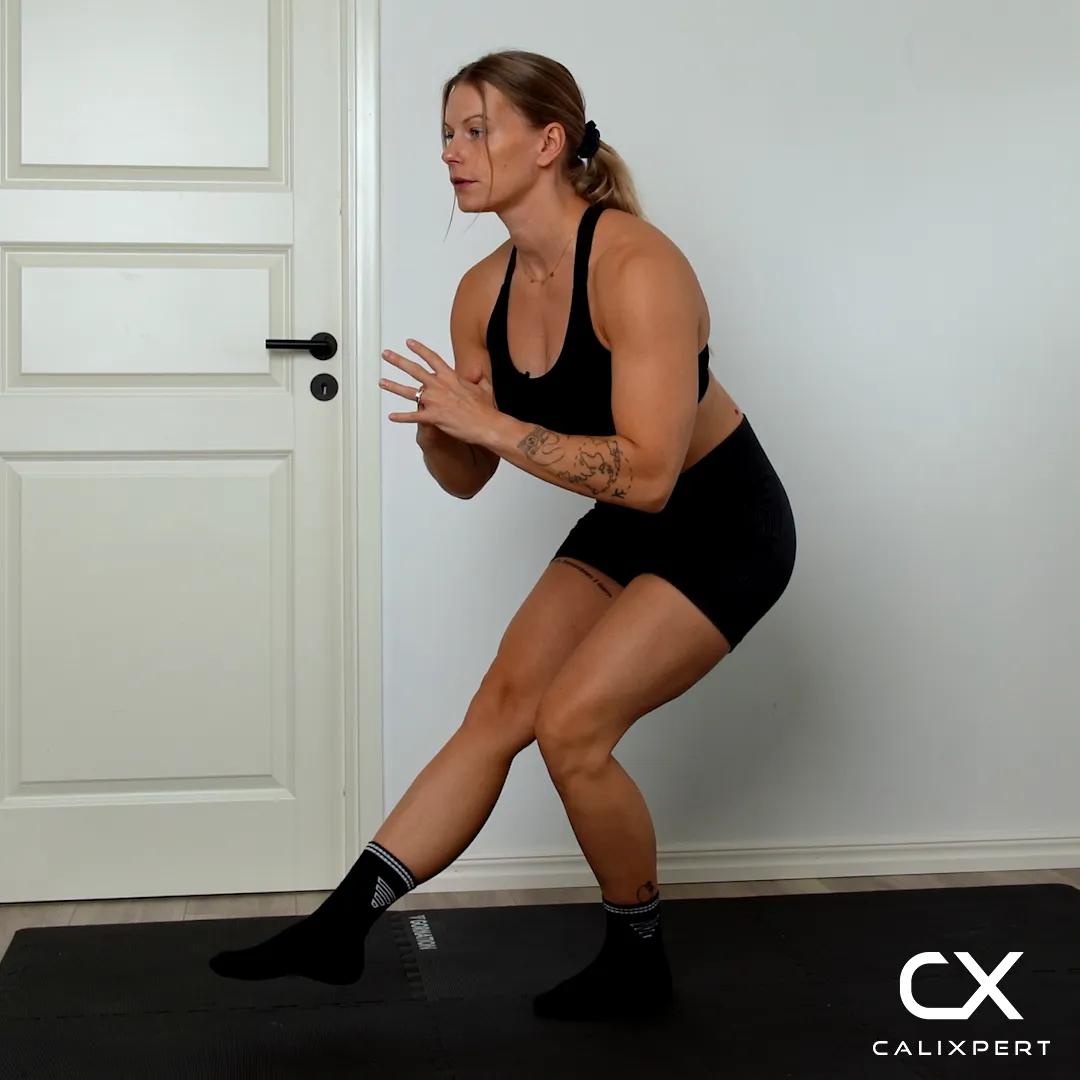
.webp)
.webp)
.webp)
.webp)
.webp)
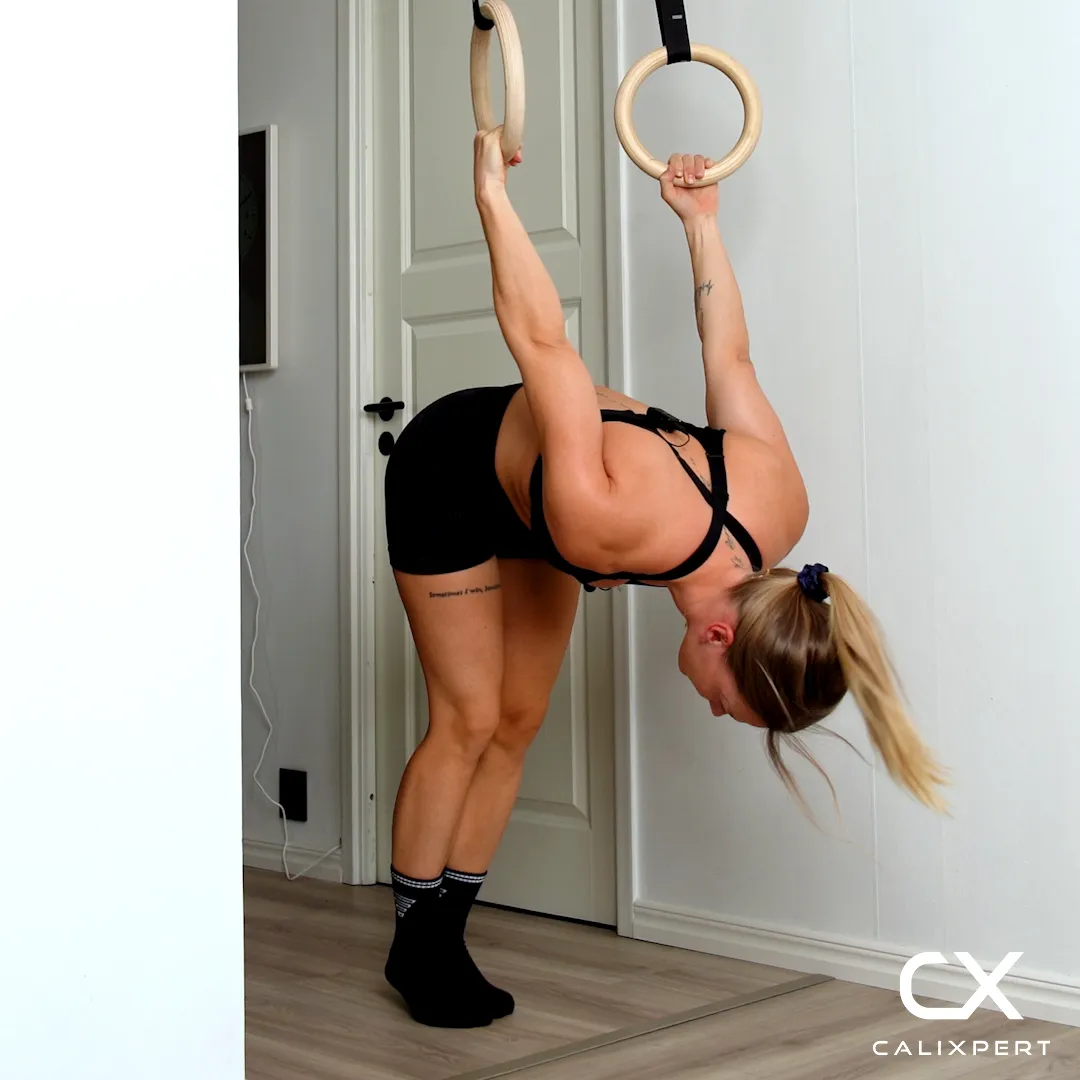
.webp)
.webp)
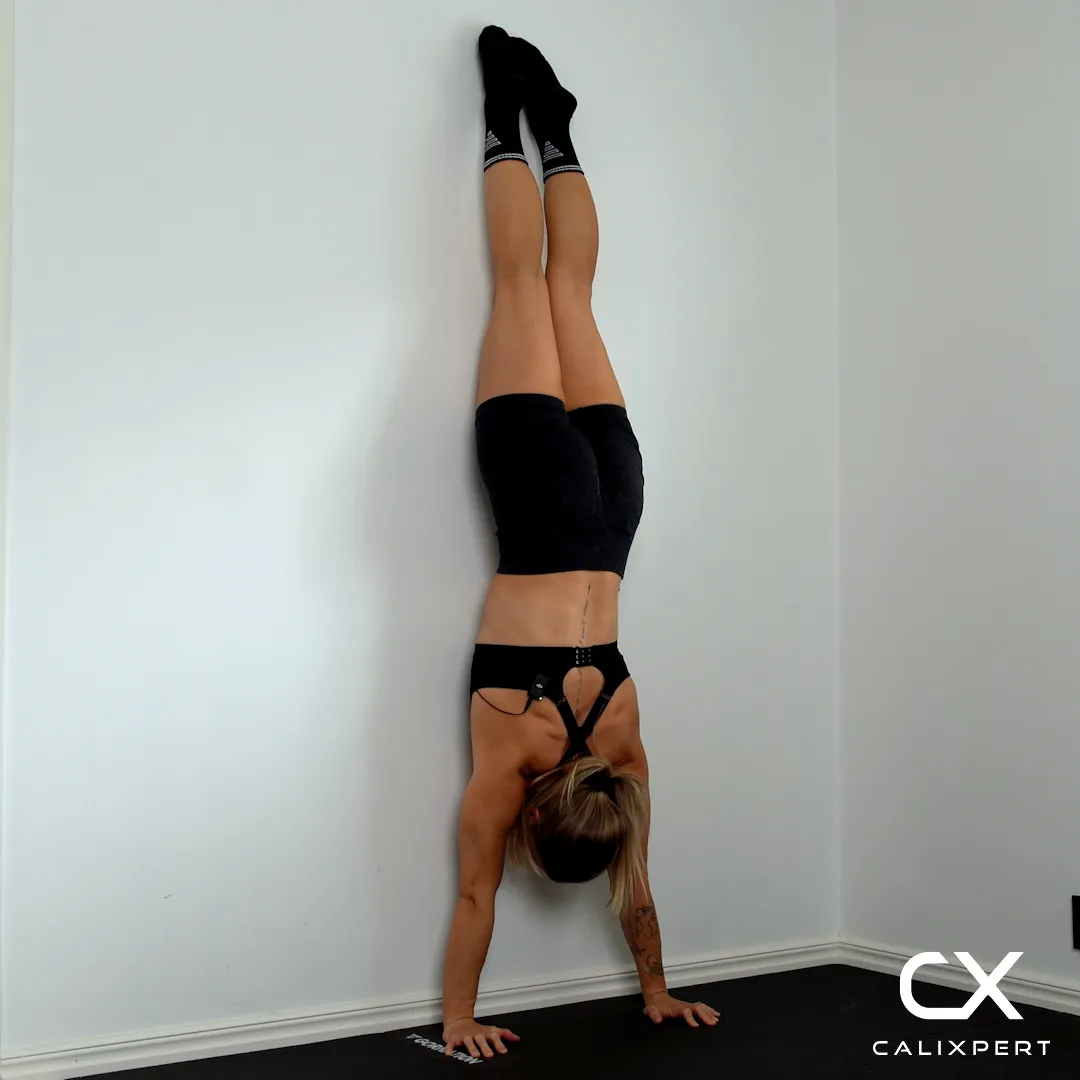
.webp)
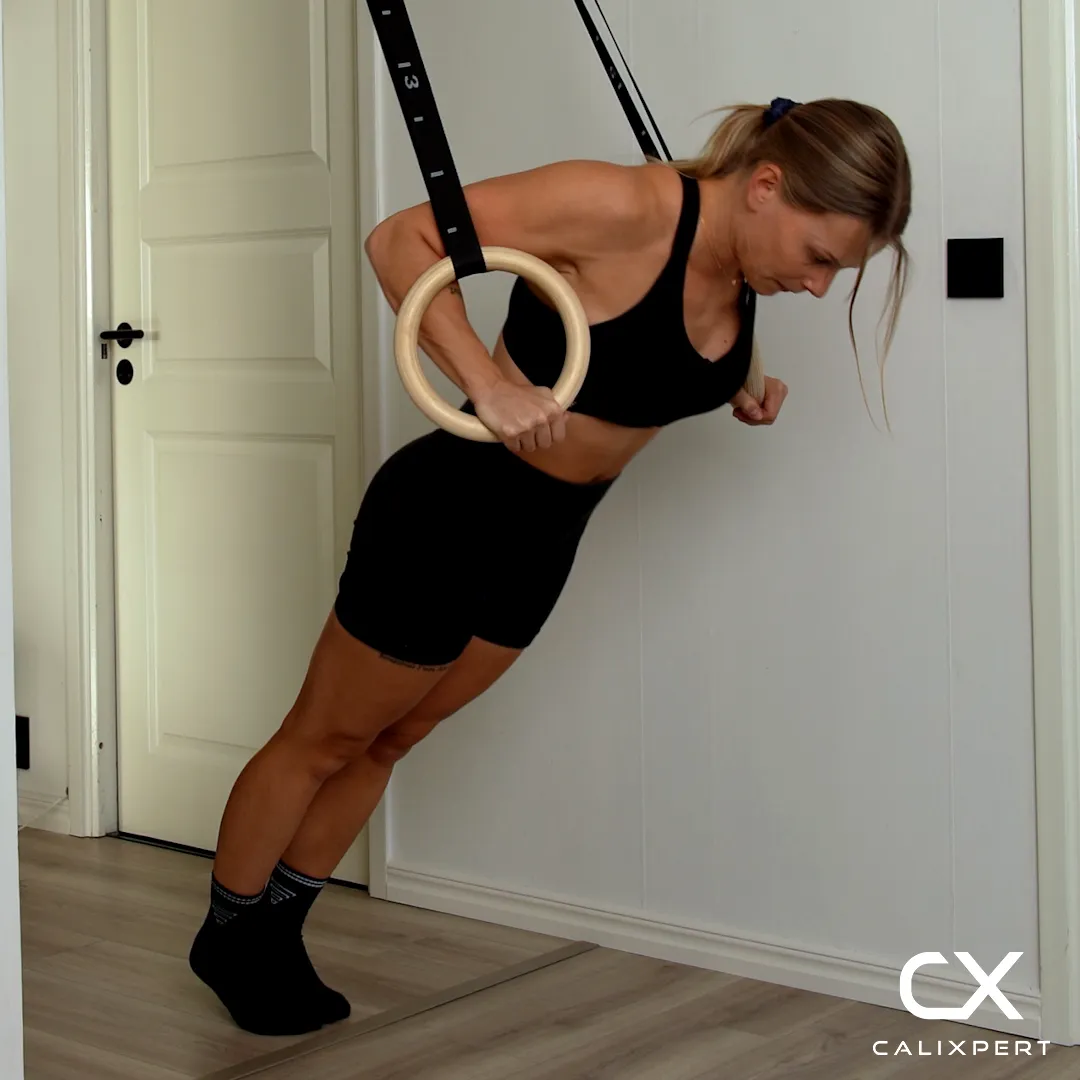
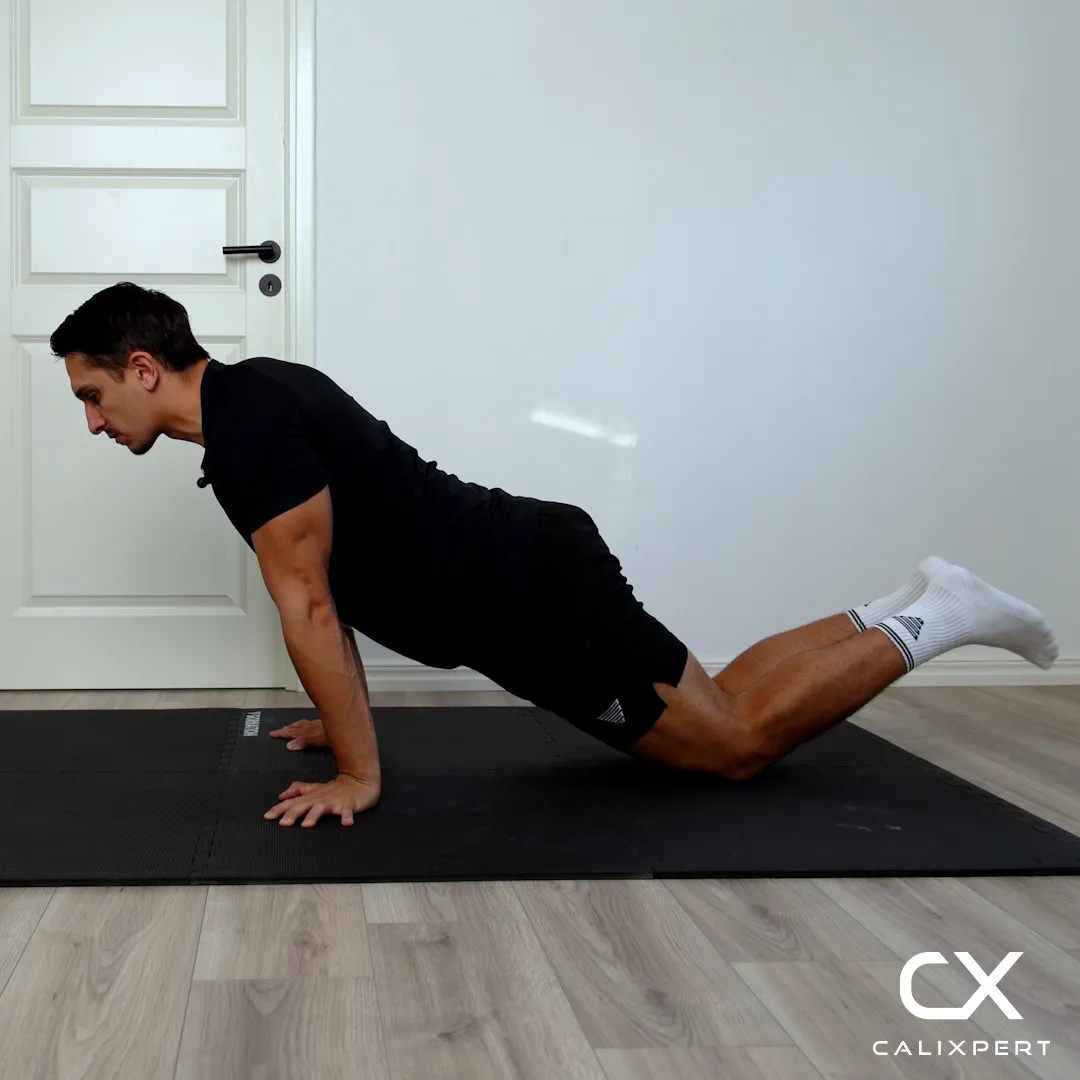
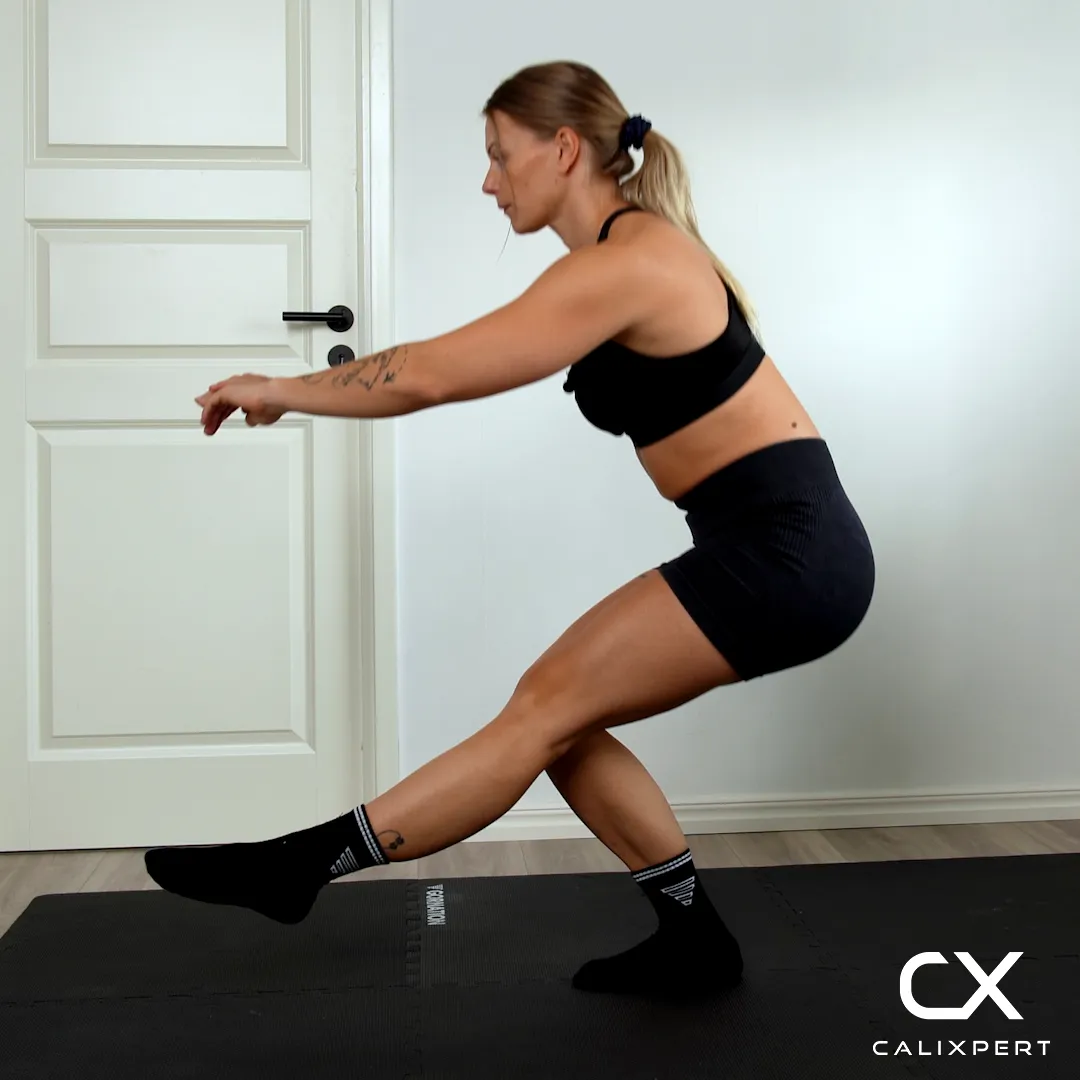
.webp)
.webp)
.webp)
.webp)
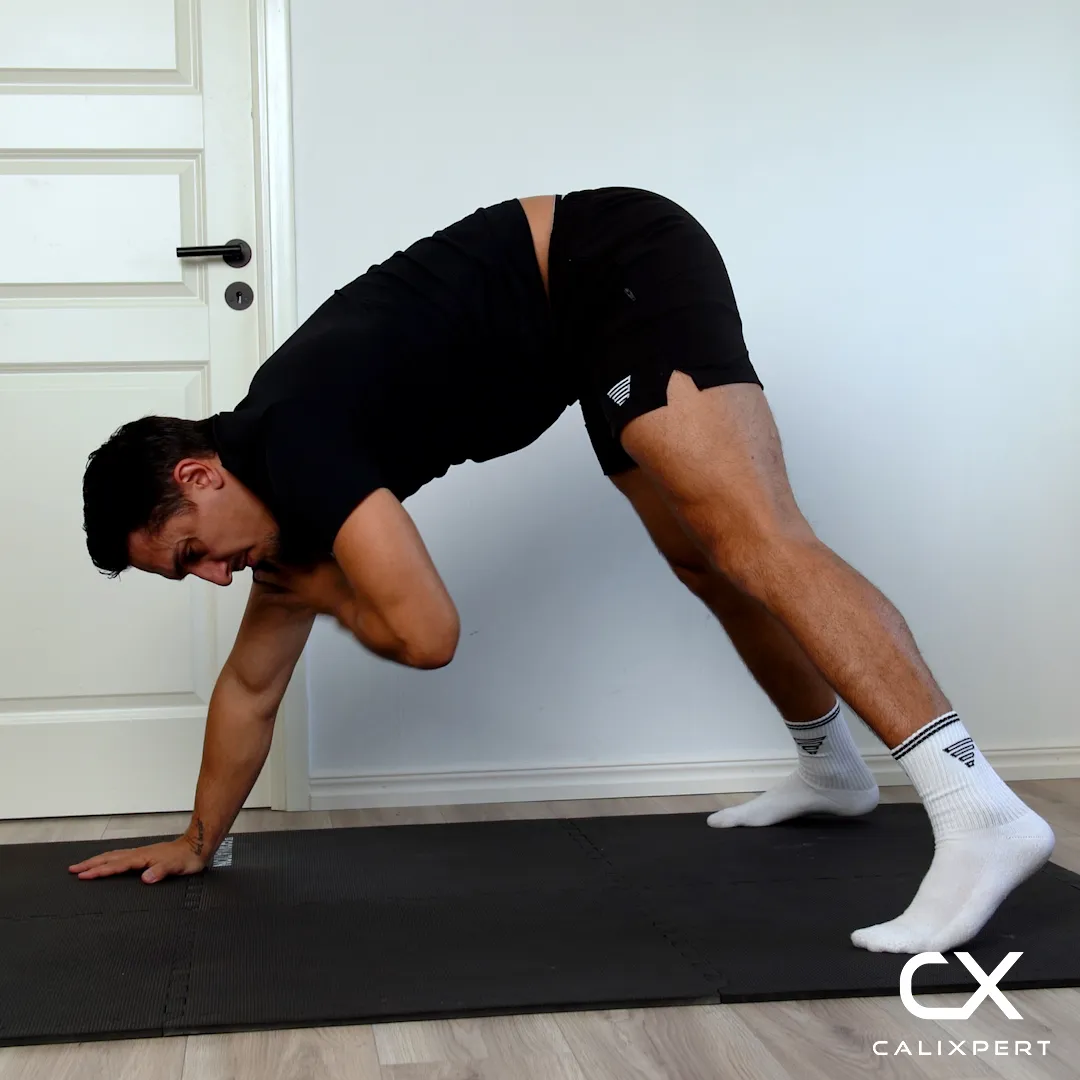

.webp)
.webp)
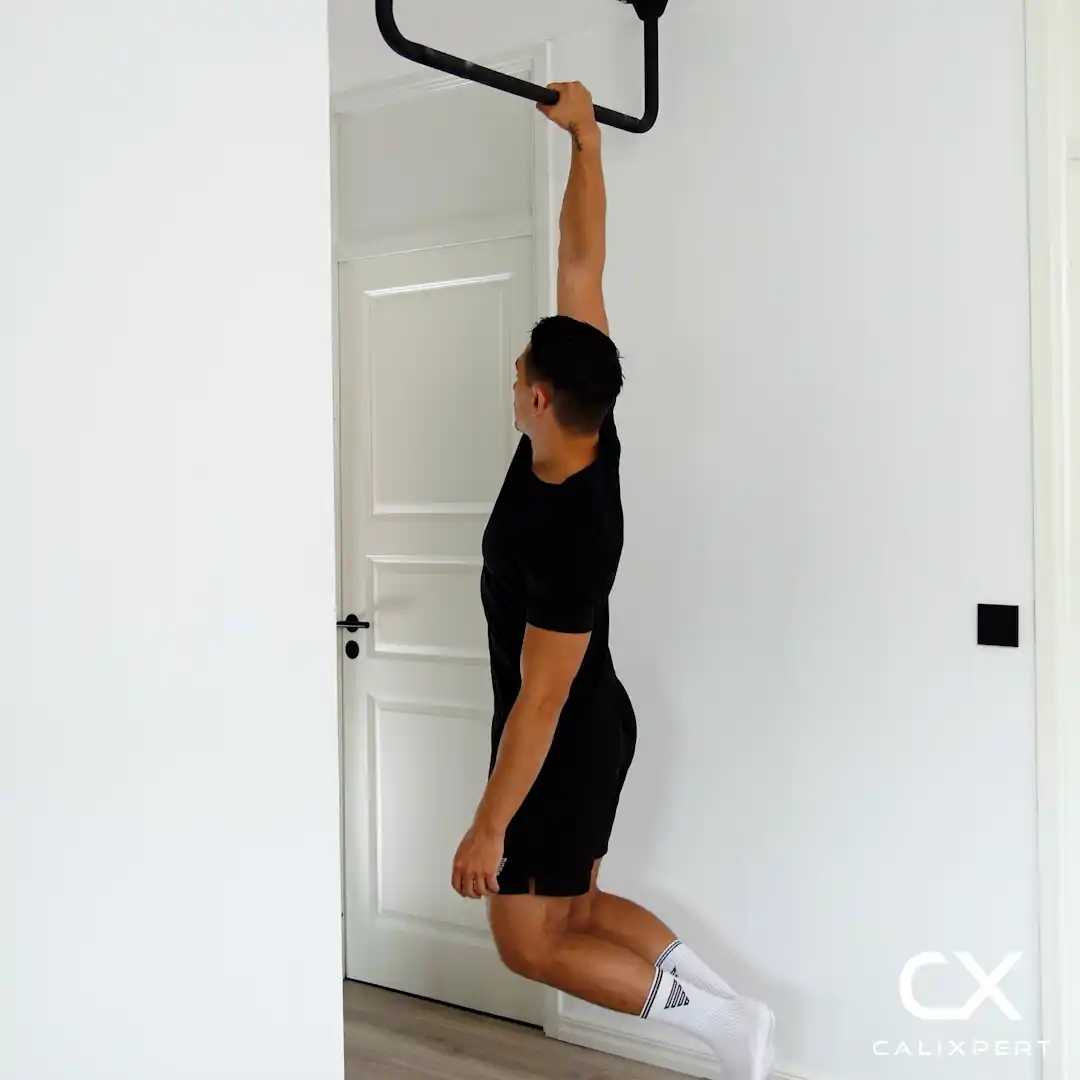
.webp)
.webp)
.webp)
.webp)
.webp)
.webp)
.webp)
.webp)
.webp)
.webp)
.webp)
.webp)
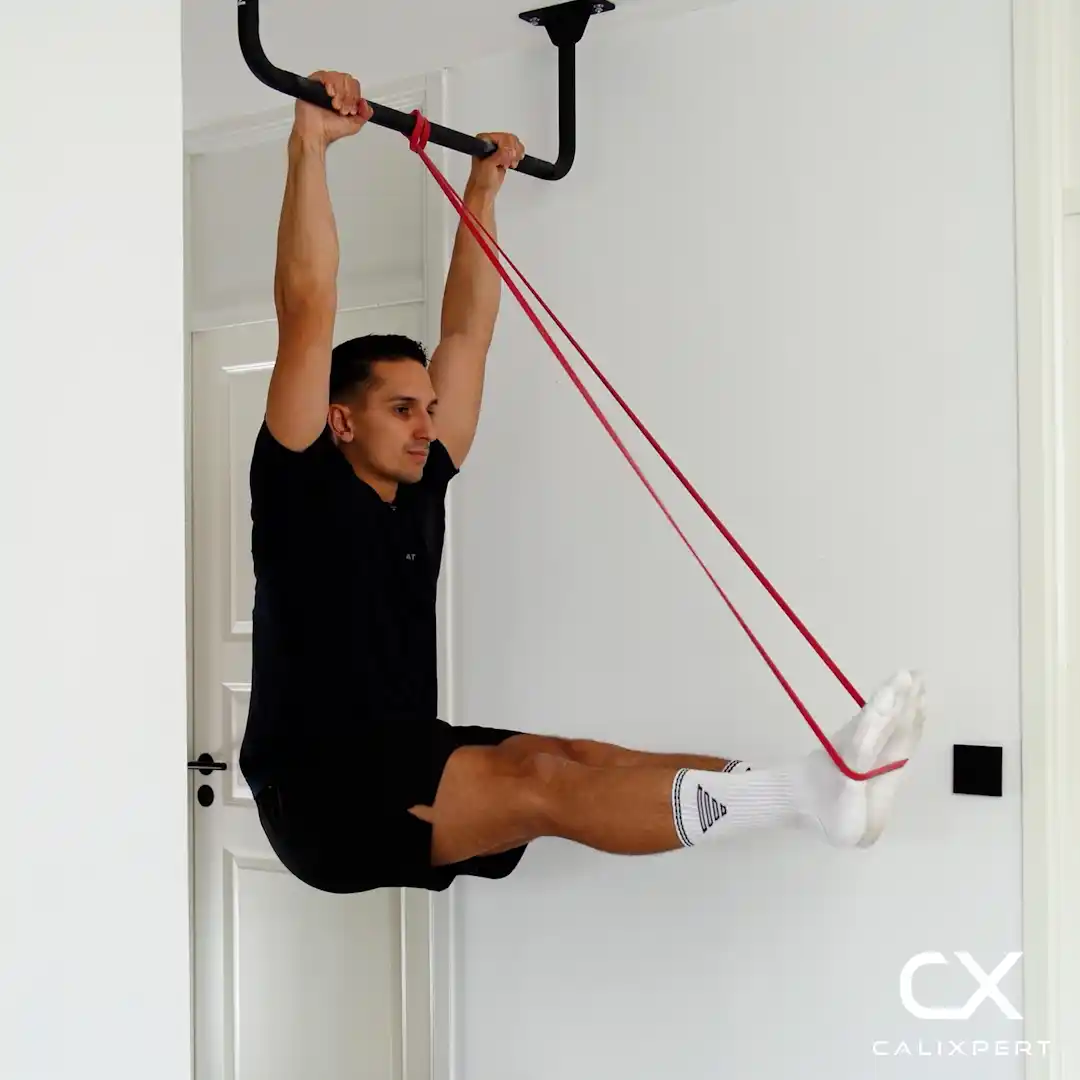
.webp)
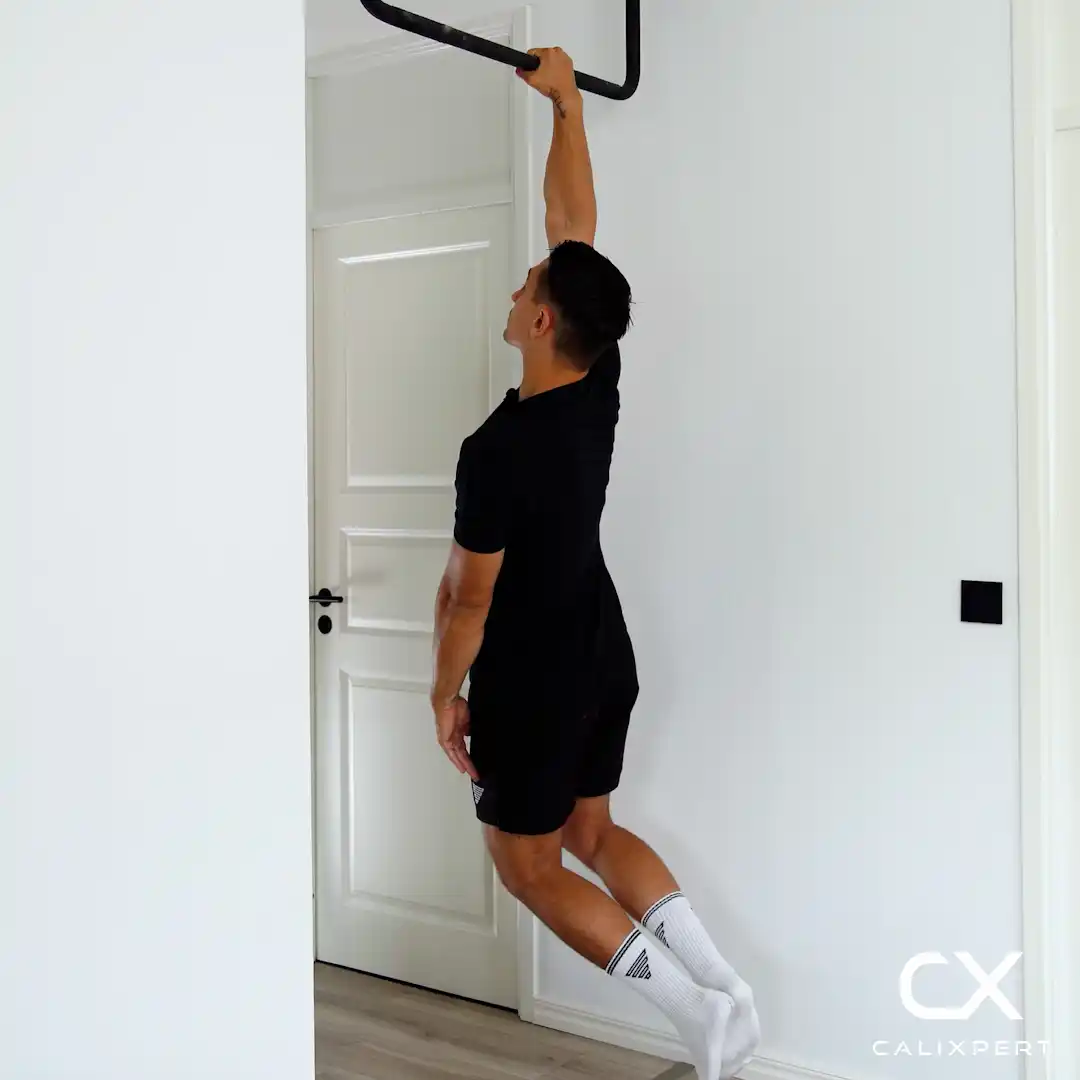
.webp)
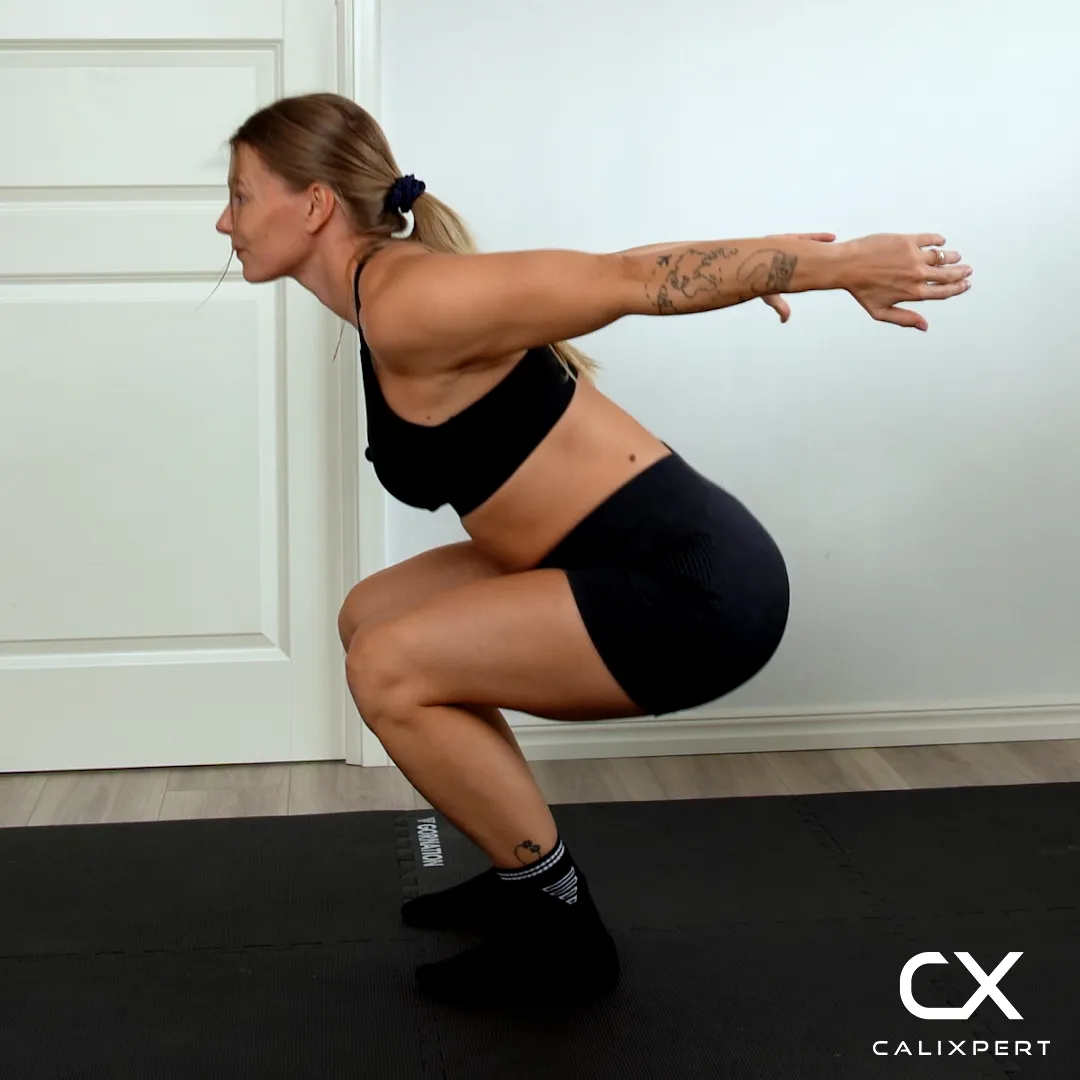










%20(1).webp)









.webp)

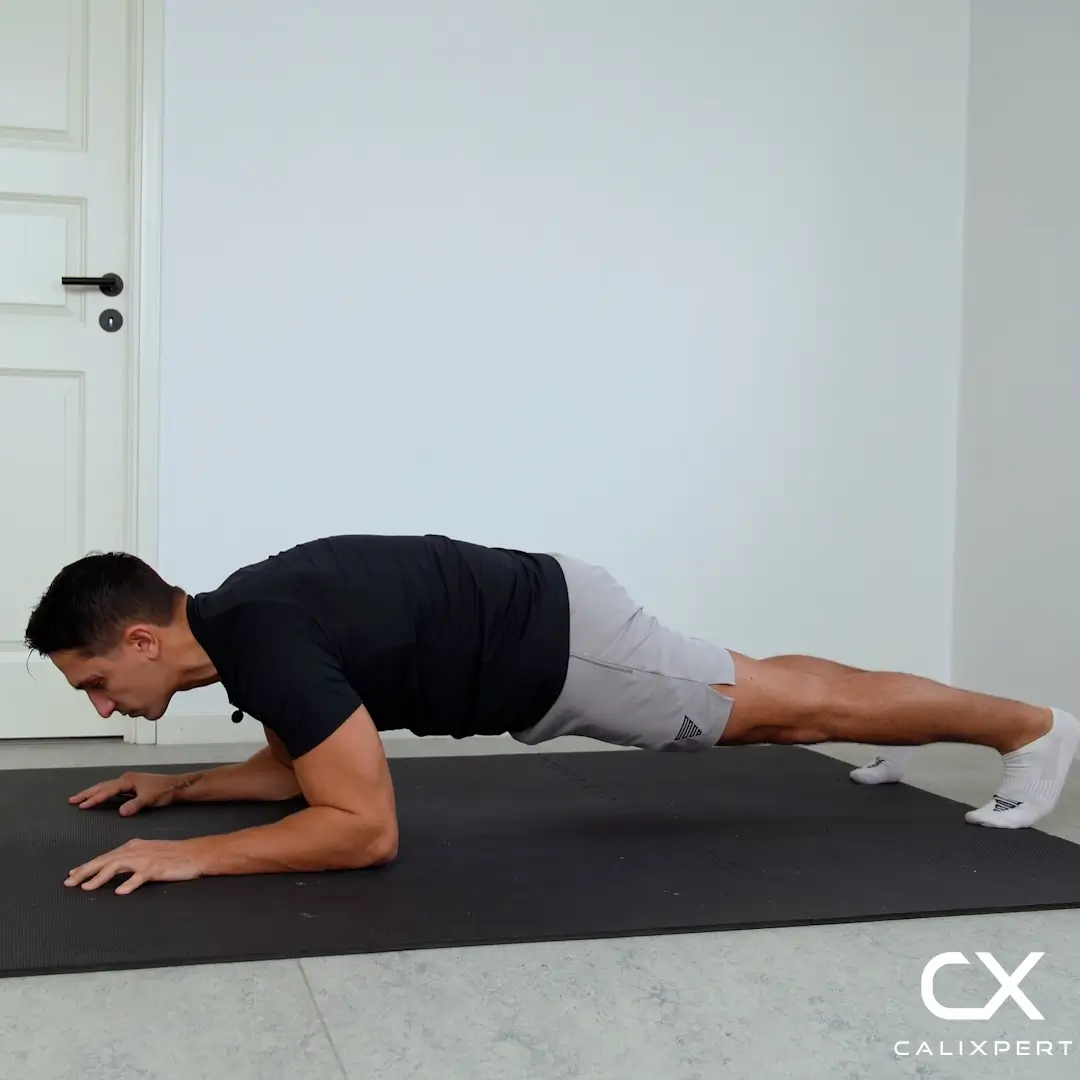





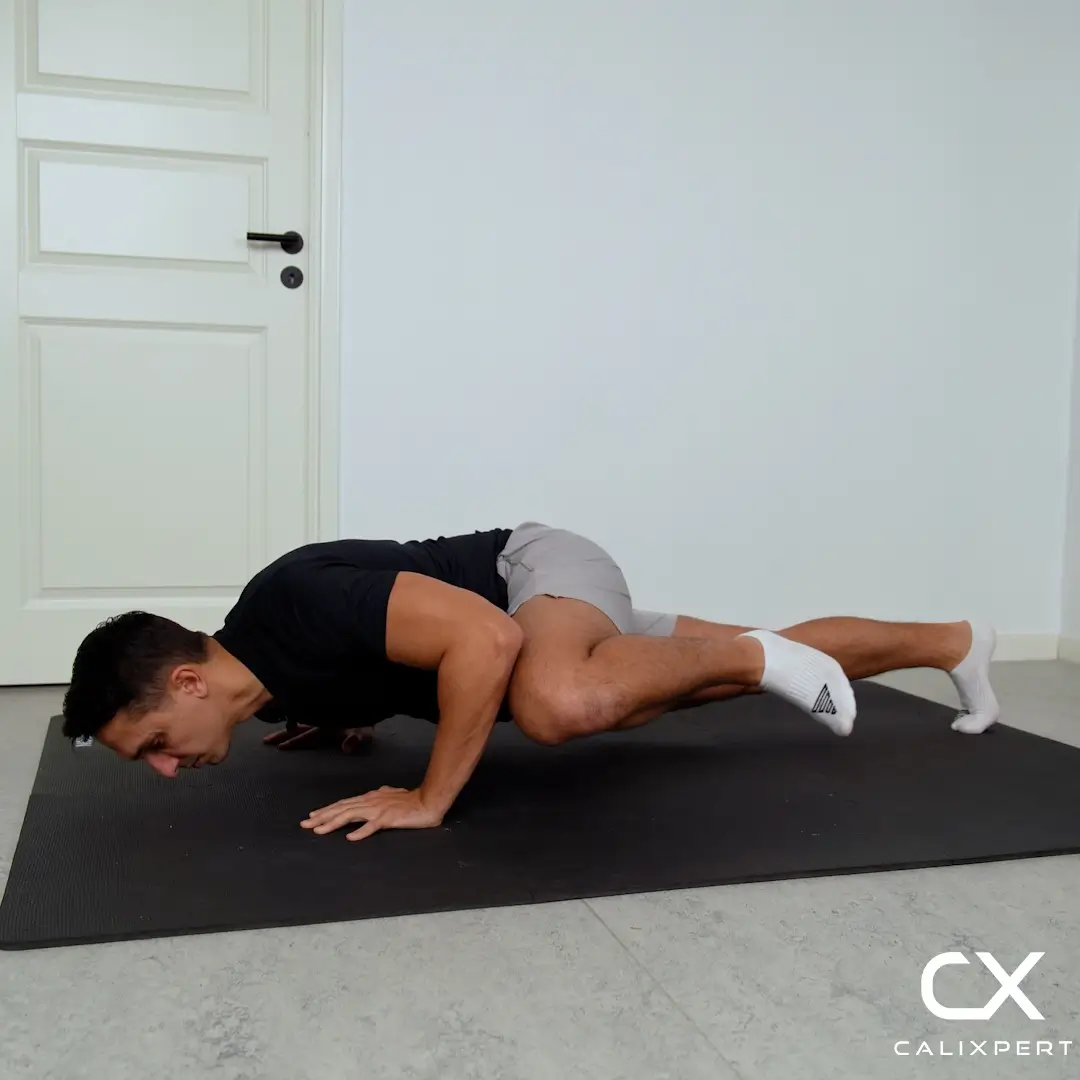

.webp)

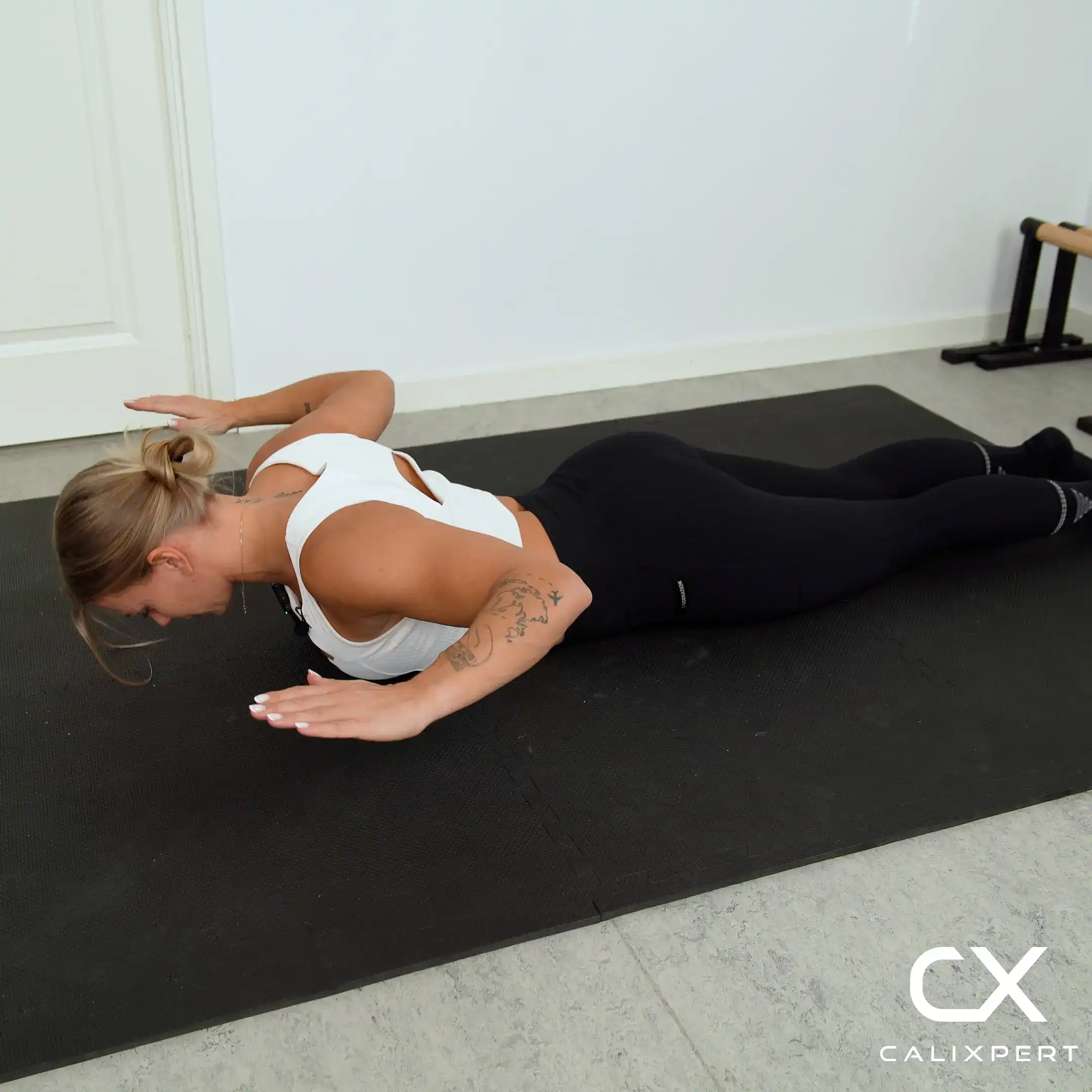

.webp)
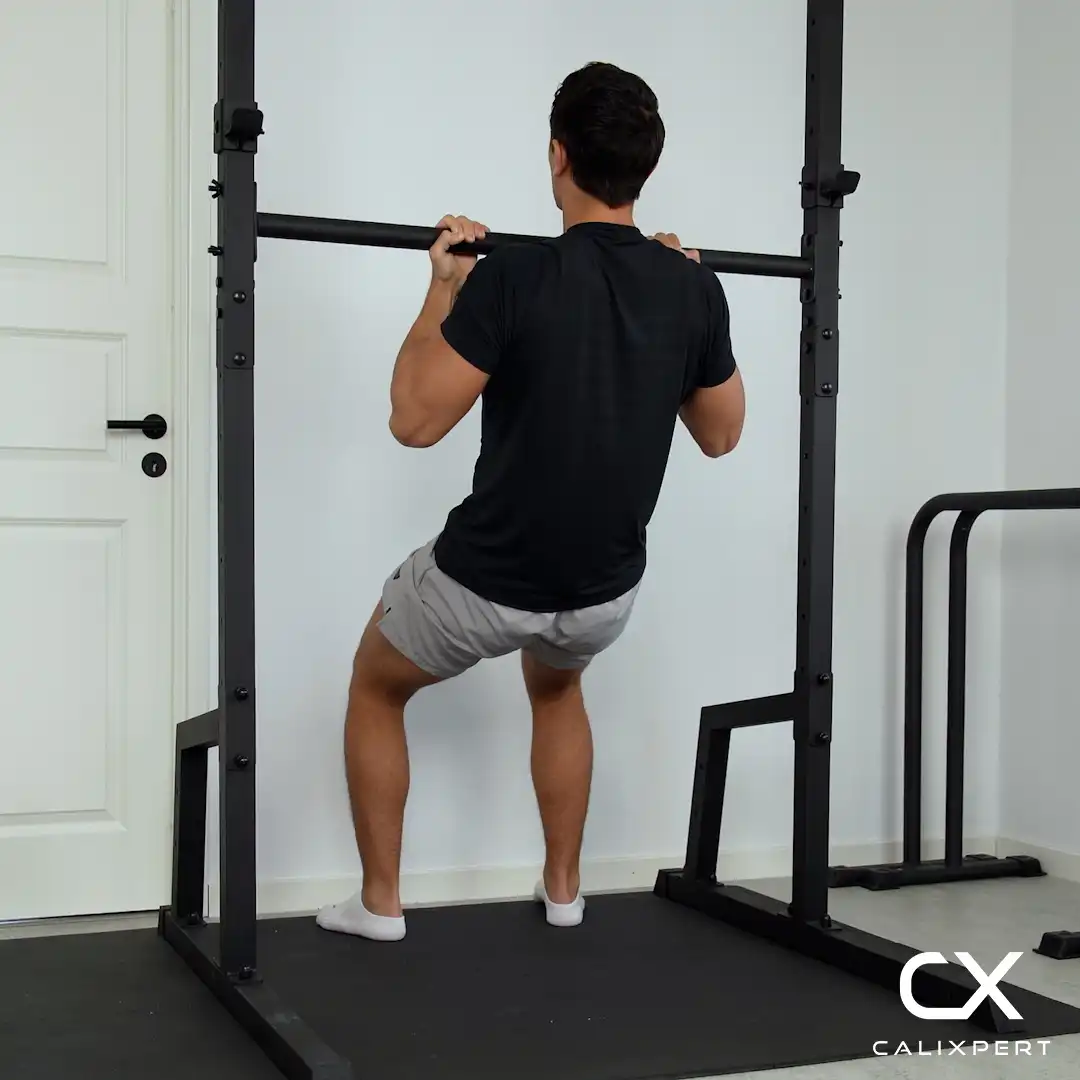



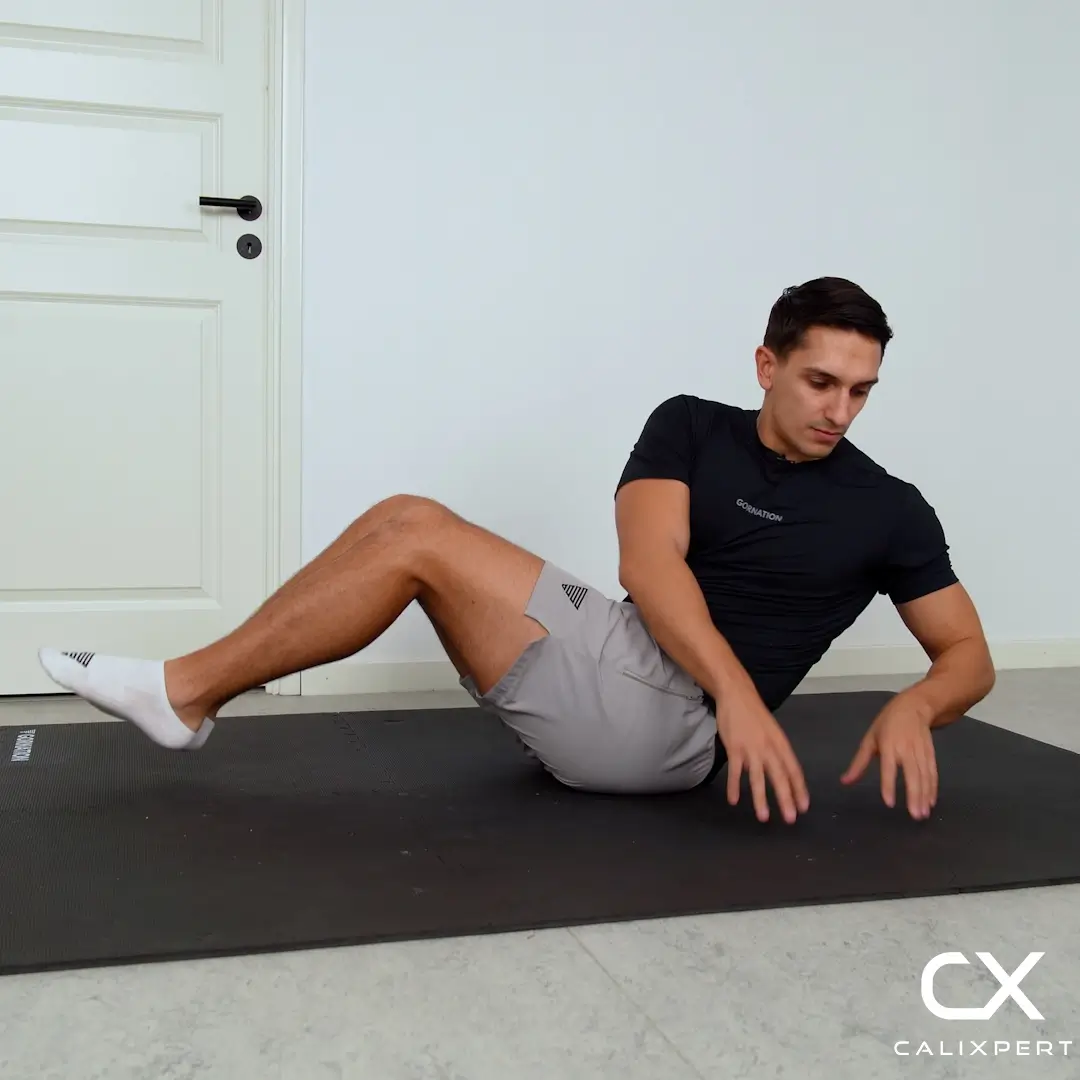


.webp)

